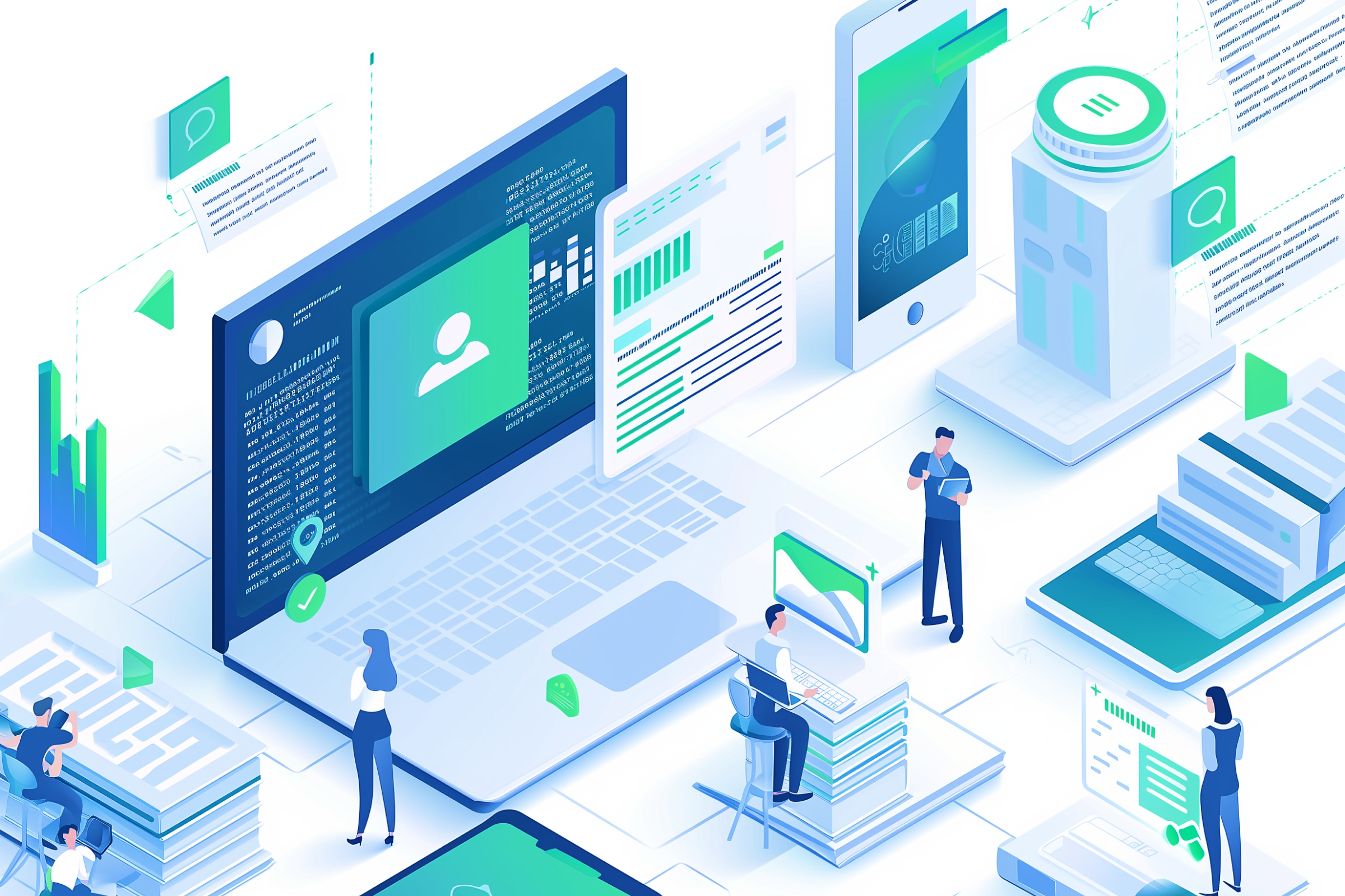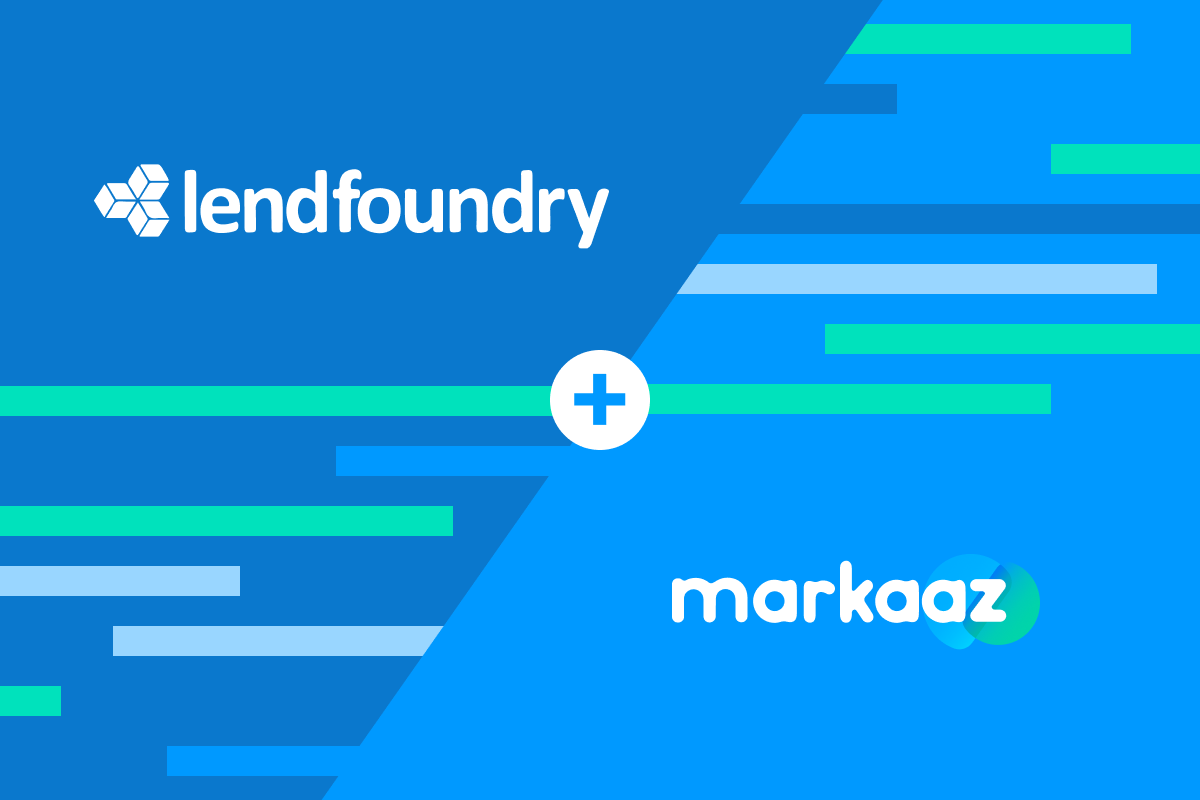Choosing software for your small business is not a quick or easy process.
You know you need software for managing data, records, and reporting, but how do you know which is best for your company? With so many products on the market, it can be overwhelming. Good software can enable your small business to increase sales by saving time and money while expanding capacity. Alternatively, the wrong software can cost you resources you don’t necessarily have to spare.
To help you make the right choices for your company, there are things you should be looking for when choosing your small business software – check out these tips to get started.
Define your goals
Before looking at different software for your small business, an important thing to identify is what you want these tools to do for you. Not only that, but what are the goals for your business? Start to ask yourself questions like:
- Who will use the system?
- Why do we need this software?
- What data needs to be collected? Where is this data?
- Do we have other systems that do part of this process?
- What’s our budget for this? Can we expect an ROI on this technology investment (or is it a foundational cost of doing business?)
- Who are you looking to reach, and how?
- What areas do you want technology to support you in?
How your business is structured can inform your choices, too. For example, an e-commerce platform may serve you better than building your own website if you’re selling products you make. If your marketing goals are email-centric, an email and marketing platform is something you can explore. The list goes on.
Building a more concrete business plan and goals for your software will inform what you choose and make it easier for you to narrow things down.
Growth potential
Your business may be small now, but what happens when it grows larger in a few years – can your software keep up? One key factor to consider is growth potential or scalability and whether or not the software has the functionality and capacity to increase in size. You’ll want to find the right software that will benefit your company for the long term, not just temporarily. Migrating data from one platform to another is always a bit of a pain, so mitigating that with prior planning is vital.
Platforms that offer multiple tiers within their product can be a good option – they’ll likely have an affordable option to start using while you’re smaller, then have an option to upgrade to as you grow more. But that’s just one example of scalability – explore what your future needs might be to discover the right one for you and your business.
Ease of use and adoption
How long will it take you or your staff to learn the new software? How many training sessions will be needed? How many features and functionality will you and your team have to learn how to use? Learning a new software system can be tricky, especially if the product is complex and intricate. You’ll want to consider how long it will take for everyone to be comfortable using it.
If it’s a long learning curve, keep in mind that you’ll need a lot of training and support, which can be expensive and cut into productivity for a few weeks or months.
Integration with other systems
If you already have some software you use for your small business, it’s essential to understand whether or not they need to or will be able to communicate with any new tools you may bring on. For example, ensuring your accounting software integrates cleanly with your sales platform will save you hours of auditing and manual work. Always look for software that integrates with other software in your business. Many vendors today list all third-party integrations on their websites.
If your software solutions are expanding faster than you can review them effectively, a way to view their analytics all at once might be worth looking into. The Markaaz Dashboard is one such solution, providing you with a command center where you can see your company insights, securely store, organize, and send key business documents, explore business resources at a discount, receive proactive alerts of what needs your attention, and so much more in one place.
Testimonials from other small businesses
Find vendors with a significant number of testimonials from other small business owners. Look for testimonials from businesses like yours — companies that are roughly the same size, in similar industries, and solving similar problems. A software package might work just fine for some businesses. However, it may not help fix your problem.
Word of mouth is a powerful tool to help you understand a product’s pros and cons before you commit to it. Combing testimonials will help you see how this solution has helped other companies and may, in turn, help you.
The bottom line
Defining your goals is the best place to start when looking for new software for your small business. It’s worth finding the right product, as software is essential to helping your business manage data, increase sales, and save you and your staff time. Follow these steps, and you’ll find the right solutions.
Markaaz is dedicated to making 2022 the year of small businesses, so stay tuned for more tips and tools and build your Dashboard today.




